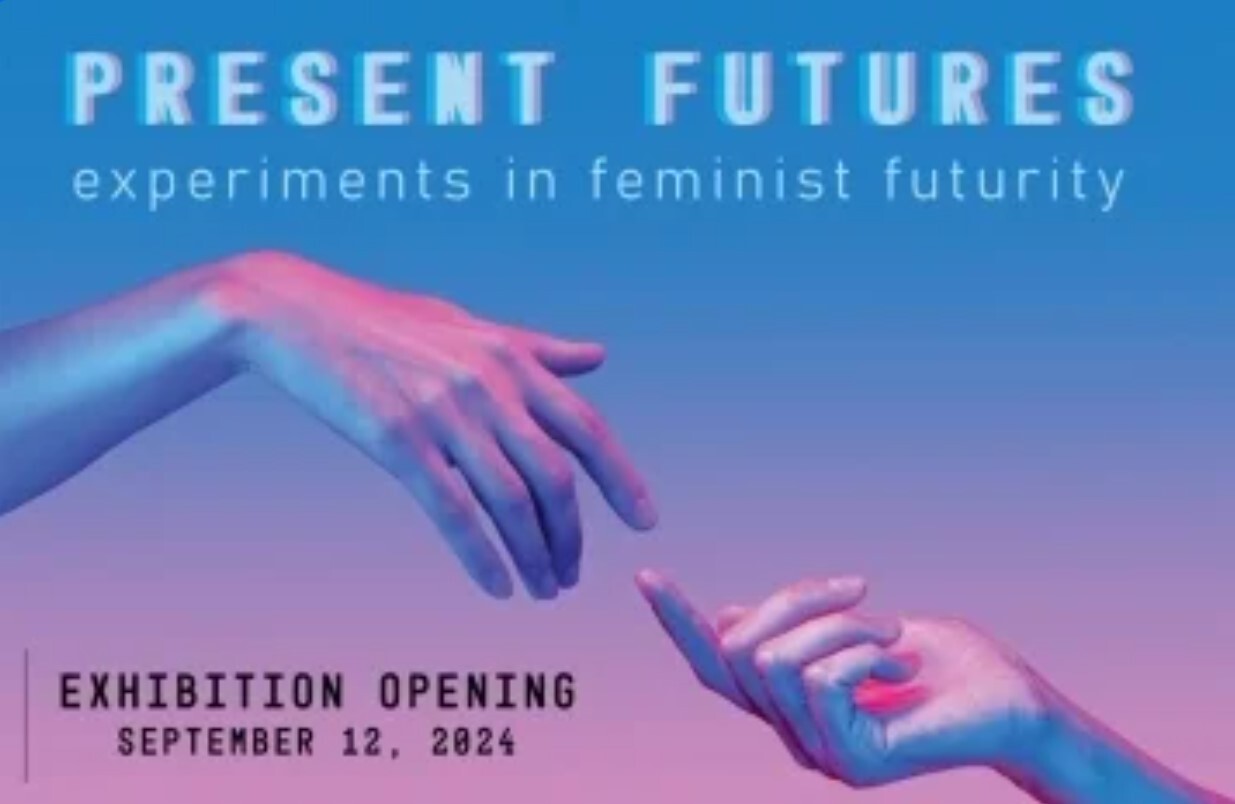In this paper, based on her current book project, “Why Sex?: Religion, Secularism, and Possibilities for Justice,” Janet Jakobsen reflects on what she has learned from her experience of living with, caring for, and loving Christina Crosby in relation to struggles for justice. Specifically, Jakobsen connects what she has learned from activism for disability justice to work she did while Director of the Barnard Center for Research on Women. There she joined forces with community-based organizers working across a range of issues: for prison abolition under the banner “No One is Disposable,” and for “Queer Survival Economies,” as well as with domestic workers organizing through the National Domestic Workers Alliance, and with organizers of Sakhi for South Asian women, on ‘Responding to Violence and Promoting Justice.” Each of these projects represents both the import of universal claims like “no one is disposable,” and the impossibility of realizing those claims in the current world where people are regularly treated as though disposable. The intertwining of love and loss, happiness and perversity, possibility and impossibility undertaken in this activism allows for a melancholy practice of universal claim-making and utopian world-making. In a queer utopian imagination not everyone must be happy or whole; instead, utopia itself might remain disjunctive, ambivalent, off kilter and possibly perverse.

